calsfoundation@cals.org
United States Civil Rights Trail
The U.S. Civil Rights Trail is a collection of sites, primarily across the South, all related to the national struggle for equal rights for African Americans. The trail includes churches, museums, homes, schools, and other locations that preserve the history of the efforts of civil rights workers. Several sites in Arkansas are included on the trail.
The sites included in Arkansas are all located in Little Rock (Pulaski County). They include Little Rock Central High School National Historic Site and the Little Rock Nine Memorial on the grounds of the Arkansas State Capitol. The Daisy Bates House, Mosaic Templars Cultural Center, and Clinton Presidential Center are also part of the trail.
The final site is the Arkansas Civil Rights Heritage Trail, located in downtown Little Rock.
The work to establish the U.S. Civil Rights Trail began in 2014 after the Dalai Lama visited the 16th Street Baptist Church in Birmingham, Alabama. The church was bombed by white supremacists in 1963, killing four Black children. The Birmingham sites, including the 16th Street Church, became the core of the Birmingham Civil Rights National Monument in 2017.
The Alabama Tourism Department created a trail of sites related to the civil rights struggle in Birmingham and across the state in an effort to help visitors interested in the movement easily find information about the sites. Researchers at Georgia State University identified sixty sites to become part of a multiple-location World Heritage Site, designated by the United Nations Educational, Scientific and Cultural Organization (UNESCO).
The success of the Alabama Civil Rights Trail led to a wider effort across the South to identify locations related to the civil rights movement. States involved in the effort include Alabama, Arkansas, Delaware, Florida, Georgia, Kansas, Kentucky, Louisiana, Mississippi, Missouri, North Carolina, South Carolina, Tennessee, Virginia, and West Virginia, as well as the District of Columbia. The website for the U.S. Civil Rights Trail was launched in January 2018, and a companion book was released in 2021. Sites on the trail include museums, a baseball training complex, markers, houses, churches, and courthouses.
Some sites continue to expand, including one in Arkansas. The Arkansas Civil Rights Heritage Trail is an ongoing project started by the Joel Anderson Institute of Race and Ethnicity at the University of Arkansas at Little Rock. The initial markers were placed in downtown Little Rock on the sidewalk along Markham Street near the Old State House Museum, and additional markers will continue to the Clinton Presidential Center.
For additional information:
“Civil Rights Movement Sites.” UNESCO World Heritage Convention. https://whc.unesco.org/en/tentativelists/5241/ (accessed August 30, 2023).
Douglas, Deborah D. U.S. Civil Rights Trail: A Traveler’s Guide to the People, Places, and Events That Made the Movement. Revised and updated edition. Chico, CA: Moon, 2026.
Sentell, Lee. The Official U.S. Civil Rights Trail: What Happened Here Changed the World. Birmingham: Alabama Media Group, 2021.
Sznajderman, Michael. “U.S. Civil Rights Trail Companion Book a Showcase for Alabama History.” Alabama News Center. https://alabamanewscenter.com/2021/07/27/u-s-civil-rights-trail-companion-book-a-showcase-for-alabama-history/ (accessed August 30, 2023).
United States Civil Rights Trail. https://civilrightstrail.com/ (accessed August 30, 2023).
David Sesser
Southeastern Louisiana University


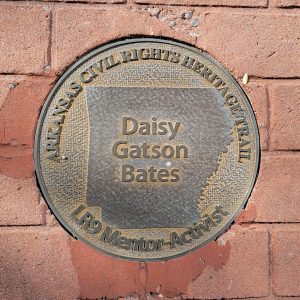

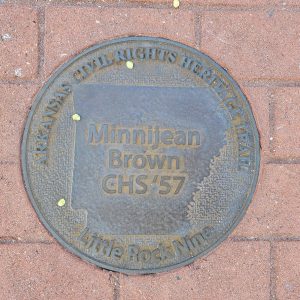
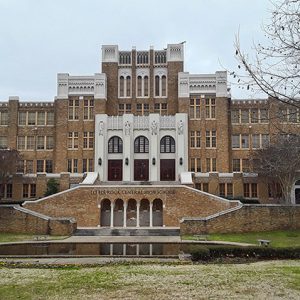
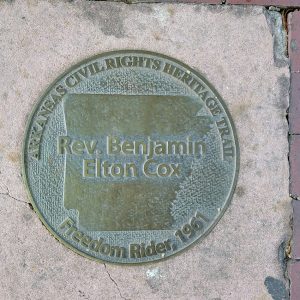

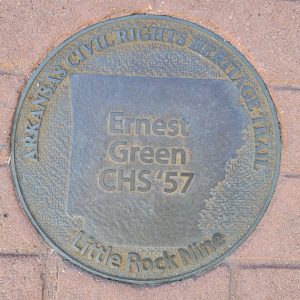
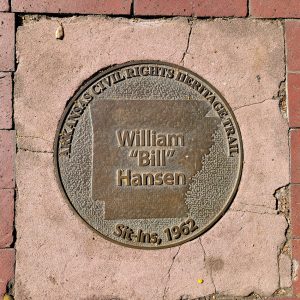
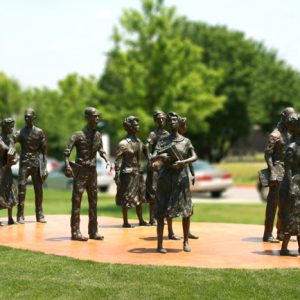
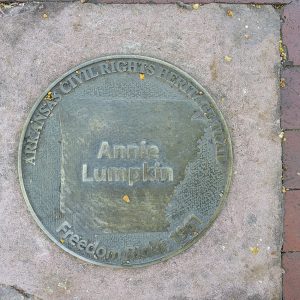
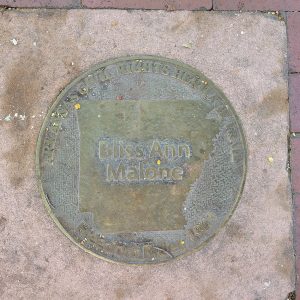
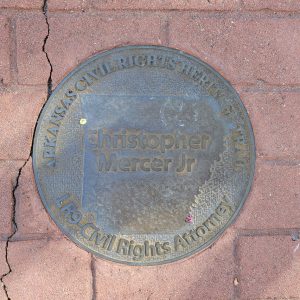

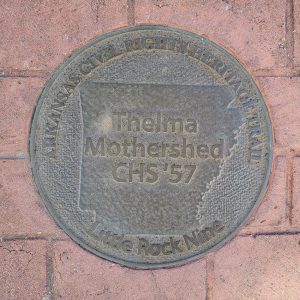
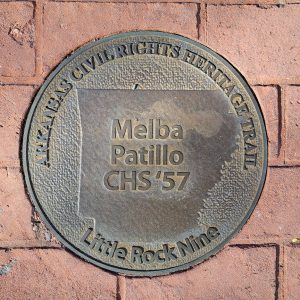
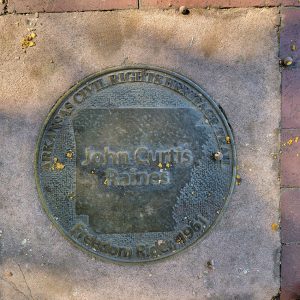
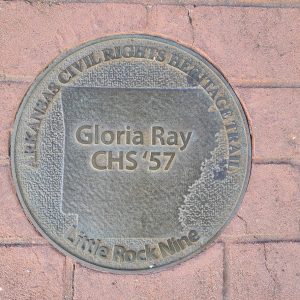
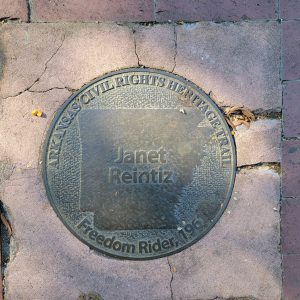
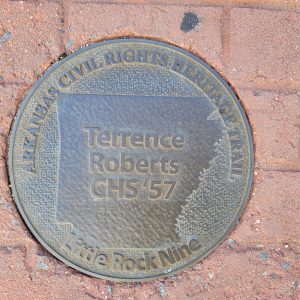
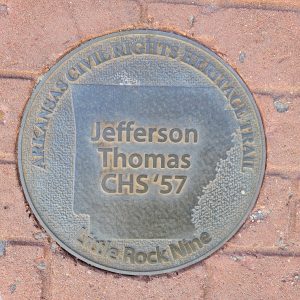






Comments
No comments on this entry yet.